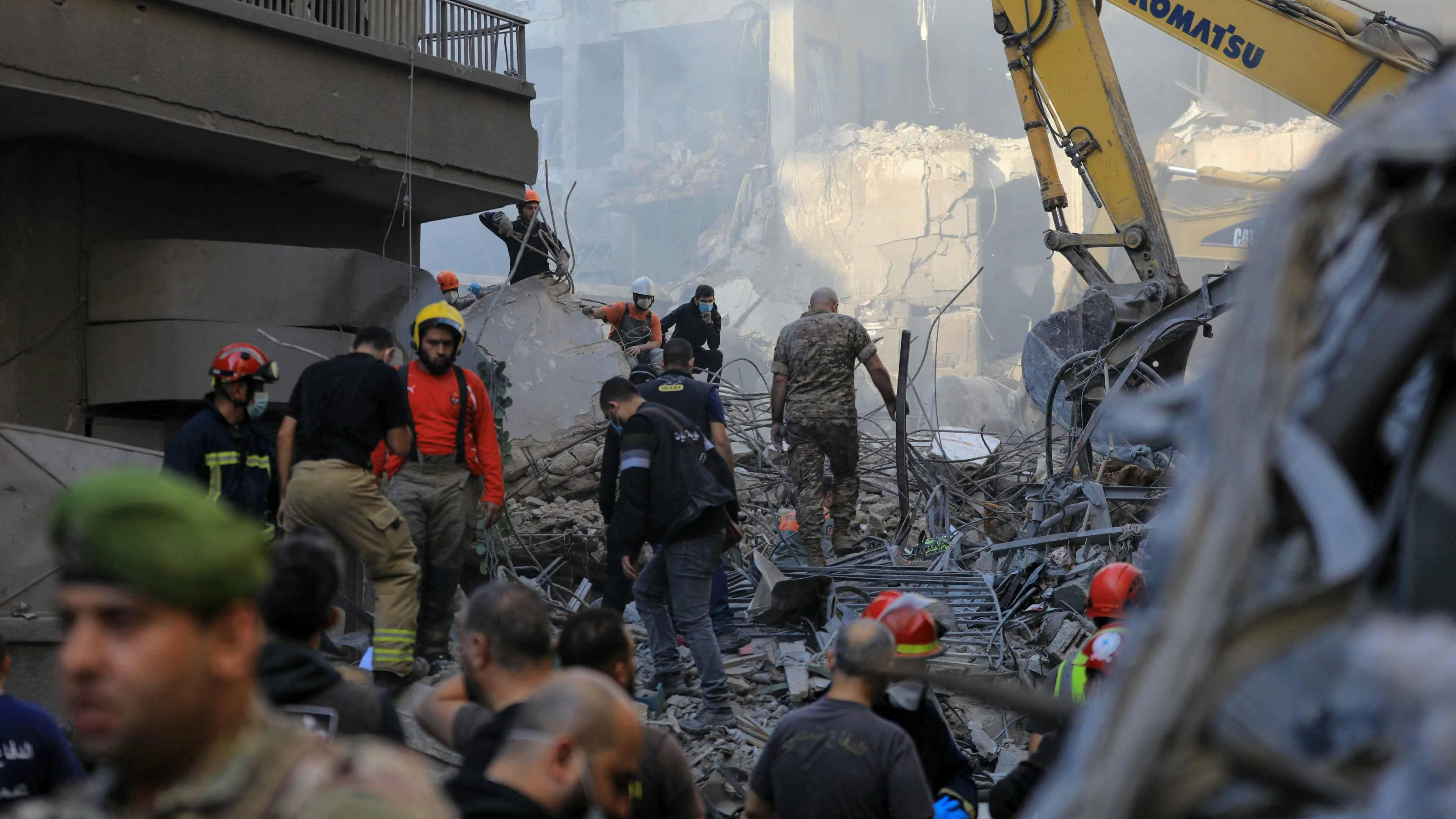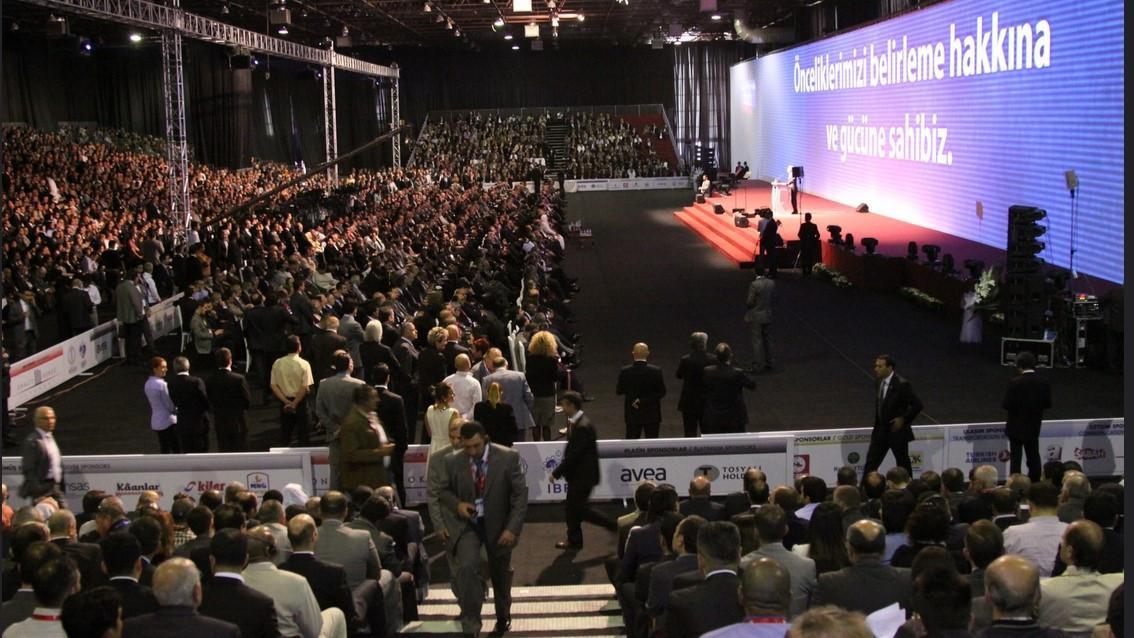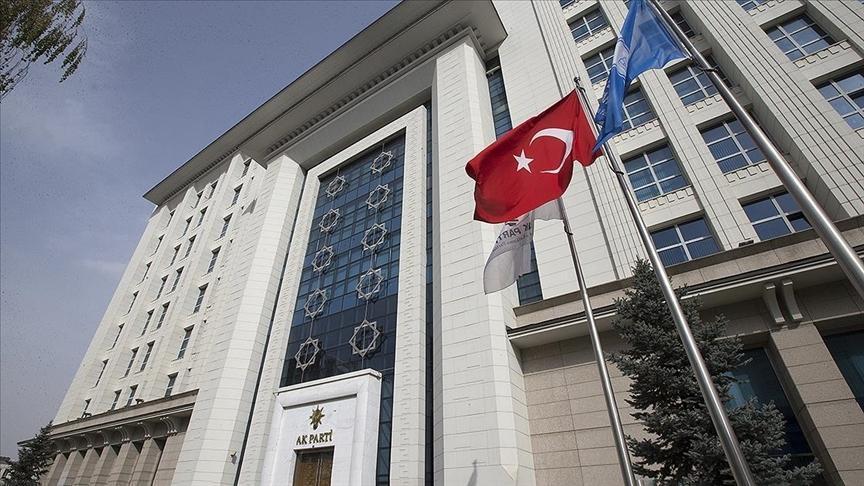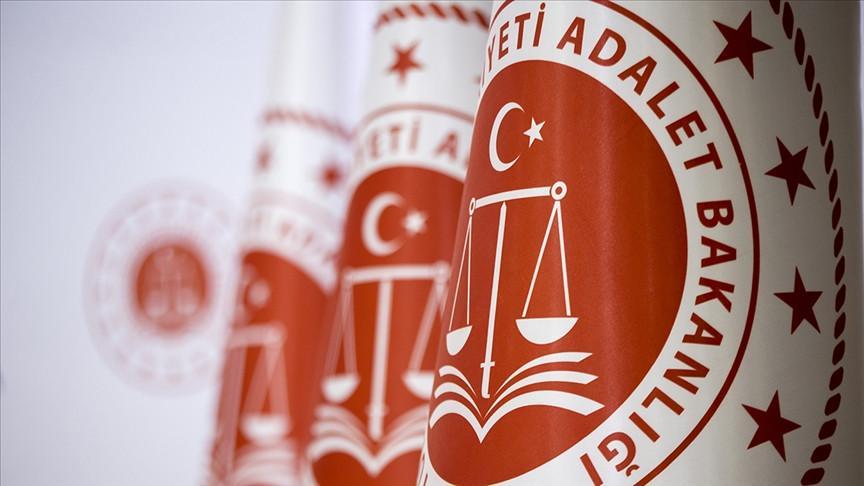'Democratic values key' as dark clouds gather over Turkey's tourism
Barçın Yinanç – ANTALYA
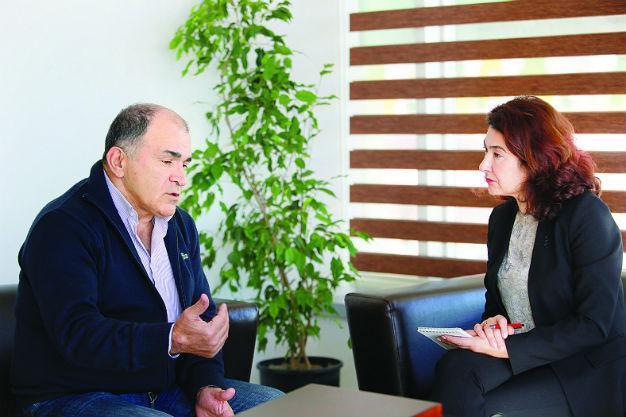 Turkey has started to be perceived as a “typical Middle Eastern country,” posing problems for its troubled tourism sector, Turkish Hoteliers Federation head Osman Ayık has told the Hürriyet Daily News in an exclusive interview.
Turkey has started to be perceived as a “typical Middle Eastern country,” posing problems for its troubled tourism sector, Turkish Hoteliers Federation head Osman Ayık has told the Hürriyet Daily News in an exclusive interview. “Turkey is the most distinctive country in this region and it has been respectful of the universal values. It must improve its image regarding universal values,” Ayık said.
How do you see 2016 in terms of tourism?
Even before the downed jet crisis with Russia and the terrorist attack in Istanbul’s Sultanahmet, we knew we would have a very difficult year in 2016. Last year’s attacks in Paris and Ankara have had a very negative effect on people’s travel habits. They are less willing to travel from one place to the other. Nowhere is safe. Terror can hit anywhere and therefore all countries need to address this issue.
With 40 million guests Turkey ranks in the top six tourist destinations in the world. Some 55 percent of its tourists come in an organized way, either through travel agencies or tour operators. This is a huge industry and we are only behind Spain in receiving the most tourists via this organized travel. Organized travel is a huge industry with thousands of agencies, charter planes and hotels accounting for 10 to 15 million people every year. Turkey is one of the most important countries feeding the industry. With such a huge integrated system you cannot just suddenly turn the engine off. If the system stops you will end up having thousands of unemployed people. So we need to overcome the difficulty of working within these structures.
But the problem for 2016 and beyond is to rid people’s minds of these recent terrorist acts. We need to get back to a stable and peaceful environment, otherwise the global travel industry will be seriously affected. The source of the problem needs to be tackled.
But that can only happen with measures taken by all countries on an international level.
If we are to talk about tourism measures to be taken in Turkey, first of all the actors who are stakeholders in the sector obviously can’t give up on Turkey easily. But we need to take action to strengthen the hands of these stakeholders. Obviously the government has taken steps like providing credit and cash support to charter firms, and organizing PR campaigns. These might look sufficient in the short term, but we need measures for medium- and long-term. We need a very serious PR campaign showing another side of Turkey to world public opinion. Like it or not, there is a situation that has pushed us into a track and we need to get out of this situation very quickly.
What is that track?
Turkey has started to be perceived as a typical Middle Eastern country, a typical Islamic country. This is a problem for us.
Why?
We seem to be engaged too much in certain things, in terms of international and regional politics. This is problematic. We are the most distinctive country in this region. We are different from all our neighbors and we should not resemble them; on the contrary, they should resemble us. They used to envy us, so we should not aim to be like them.
Events in Tunisia, Egypt, and other Islamic countries have led to a perception disruption. Turkey is a Muslim country, but it can be loyal to universal values. Turkey has always been respectful of universal values and it continues to be so, but we need to explain this in a much clearer way to the world public. We need to explain in a better way so the difference between us and other countries around us becomes crystal clear. We are the country with the longest democratic experience in the region.
You seem to see a direct correlation with the level of a country’s democracy and its potential to attract tourists.
It must be like that because tourism flourishes only in environments of peace. That’s why Turkey has been a destination of choice until now.
So do you agree with certain people who have called on the government to reset its Syria policy, for example?
Our job as a federation is not politics. We are doing technical work and we should not get involved in things outside our area.
Turkey has done something that no other country has done: It has taken in three million Syrians. But even that was not properly explained to the world. All these things have consequences. For example, a lot of people have stopped wanting to go to the Greek islands because of the refugee crisis.
But if you were to complain about this to the government, the answer would be: “What else should we have done, leave them to their deaths?”
We aren’t saying we should leave refugees to their death. But we should make a call to the world. This is not a problem Turkey can solve on its own.
But what should be done to change the perception?
Turkey is the most distinctive country in this region and it has long been respectful of universal values. Turkey needs to change its image over these universal values.
By universal values, you mean democracy and freedoms?
All rights and freedoms, everything. There is no need to count them one by one.
Shouldn’t the tourism industry draw certain lessons as well? We used to criticize the energy sector for being dependent on the Russians but it seems Turkey’s tourism industry is also dependent on them?
That’s not the case. When our federation set out in the 1980s, we saw tourism as a lever for development and for that we opted for mass tourism. In 35 years we did indeed create a great value sector, worth $80 billion. Some years the tourism industry has grown by double digits and so far this is a success story. But at one stage we should have perhaps stopped for a moment and evaluated the situation, questioning whether we would be able to continue at that pace. Perhaps we should not have put all our apples into one basket.
But it is not so simple; we also have tourists coming from Europe. It is only in the last 20 years that we have reached the 4 million numbers from Russia.
Still, another mistake we made was about the composition of the product. We made a huge jump in favor of the all-inclusive holiday system in Turkey and now there is a perception that the best all-inclusive holiday you can get is Turkey. That’s important, but it also creates a problem. We need to think about problems with the perspective of the 2023 targets, which aim for 50 million tourists every year. Can we reach that figure? Of course we can. I think our difficulties will only go on for two years.
What needs to be done in the short term?
The sector needs to be protected for these two problematic years. We have been talking to banks, asking about reorganizing short- and long-term credit. Also, the planned increase in the minimum wage will bring a huge burden to the sector, as we are a labor intensive sector and half of our expenses already go on personnel. We have been asking for an exemption to the minimum wage rise.
Domestic tourism also needs to be revived. At the moment there are 8 to 10 million people in Turkey travelling abroad.
In the long term we need to start addressing the legal framework. A law passed in 1982 introduced one or two small changes, but we need a new law written with a new perspective to serve as our new road map.


